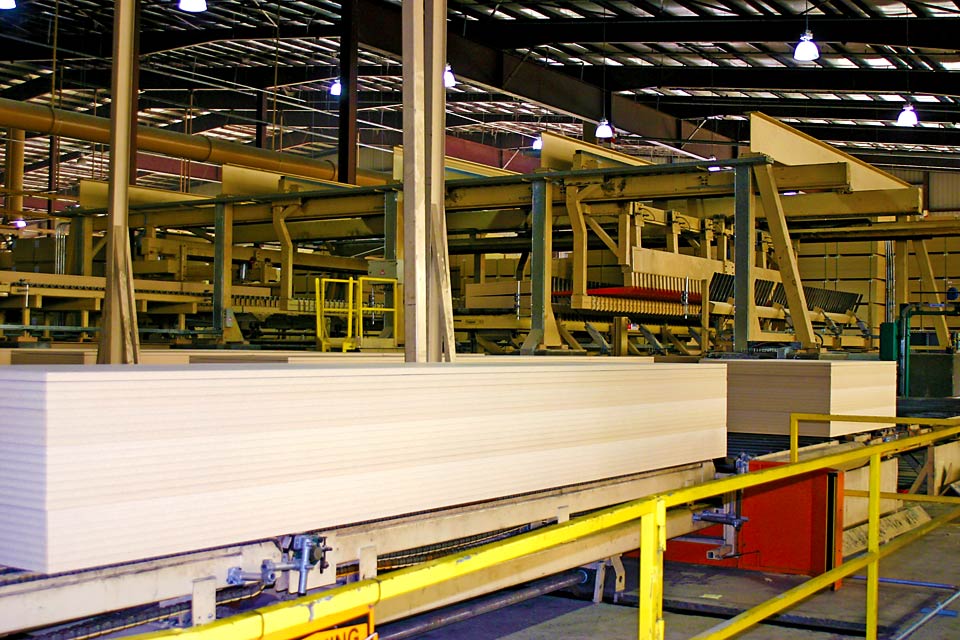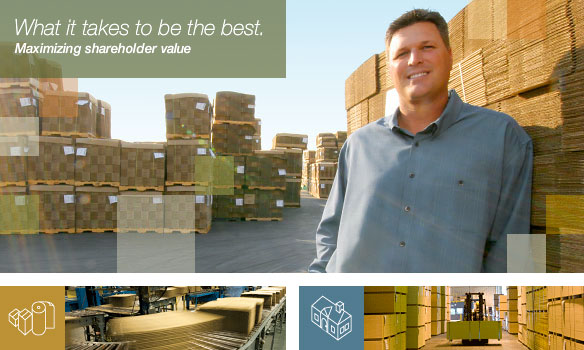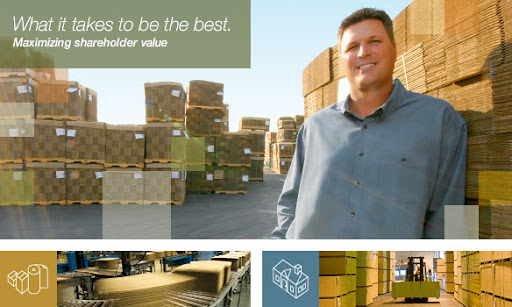TimberHP Expects Long-Term SuccessTimberHP, a Maine-based manufacturer of wood fiber insulation, announced that it has filed a voluntary,...

Roseburg Acquires Simsboro Facility
ROSEBURG ACQUIRES SIMSBORO FACILITY
 Roseburg Forest Products has entered into an agreement to acquire Flakeboard’s particleboard manufacturing and laminating facility in Simsboro, La.
Roseburg Forest Products has entered into an agreement to acquire Flakeboard’s particleboard manufacturing and laminating facility in Simsboro, La.
“This acquisition demonstrates our continued commitment to the composite industry and the customers we serve,” states Allyn Ford, Roseburg’s CEO and president. “Through our purchase of the plant in Simsboro, Roseburg will own one of the most modern continuous presses in the United States. This unique opportunity will fill a gap in our product line, allowing us to better meet the current and emerging needs of our composite customers.”
The transaction is expected to be completed this summer.
In the Southeast U.S. Roseburg currently operates particleboard plants at Taylorsville and Louisville, Miss. and Russellville, SC; and laminating plants at Oxford, Miss. and Orangeburg, SC.
RELATED ARTICLES
ROSEBURG TO SHUT DOWN DILLARD P’BOARD
NEW STRATEGIC MARKETING MANAGER FOR ROSEBURG
Latest News
TimberHP Expects Long-Term Success
Boise Cascade Invests $140 Million In Three Facilities
Boise Cascade Invests $140 Million In Three FacilitiesBoise Cascade shared additional details regarding its previously announced $140-million...
Timberlab Collaborates With SCM On CLT
Timberlab Collaborates With SCM On CLTTimberlab confirmed its collaboration with Italian manufacturer SCM, for the supply of innovative technologies...
Find Us On Social
Newsletter
The monthly Panel World Industry Newsletter reaches over 3,000 who represent primary panel production operations.
Subscribe/Renew
Panel World is delivered six times per year to North American and international professionals, who represent primary panel production operations. Subscriptions are FREE to qualified individuals.
Advertise
Complete the online form so we can direct you to the appropriate Sales Representative. Contact us today!




